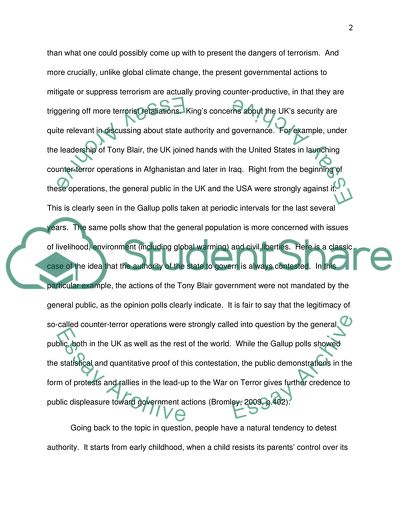Cite this document
(Authority and Power in International Affairs Essay, n.d.)
Authority and Power in International Affairs Essay. Retrieved from https://studentshare.org/politics/1738877-examine-and-assess-the-idea-that-the-authority-of-the-state-to-govern-is-always-contested
Authority and Power in International Affairs Essay. Retrieved from https://studentshare.org/politics/1738877-examine-and-assess-the-idea-that-the-authority-of-the-state-to-govern-is-always-contested
(Authority and Power in International Affairs Essay)
Authority and Power in International Affairs Essay. https://studentshare.org/politics/1738877-examine-and-assess-the-idea-that-the-authority-of-the-state-to-govern-is-always-contested.
Authority and Power in International Affairs Essay. https://studentshare.org/politics/1738877-examine-and-assess-the-idea-that-the-authority-of-the-state-to-govern-is-always-contested.
“Authority and Power in International Affairs Essay”, n.d. https://studentshare.org/politics/1738877-examine-and-assess-the-idea-that-the-authority-of-the-state-to-govern-is-always-contested.


